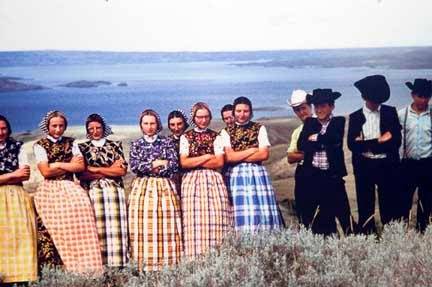- Moderator
- #21
1) it shows that Christians were gathering into one body or church under the apostles instead of splitting into various sects or denominations.
2) it shows there was specific authority in the church of God.
3) it shows that God knows our hearts.
4) it shows how important it is to try to take care of the poor.
5) it shows us that we cannot be Insincere with our gifts to the Lord. As Peter said, they were entitled to keep their donation. It was only when they claimed to give it all and held a part back that they were judged of the spirit.
There are many other lessons too.
2) it shows there was specific authority in the church of God.
3) it shows that God knows our hearts.
4) it shows how important it is to try to take care of the poor.
5) it shows us that we cannot be Insincere with our gifts to the Lord. As Peter said, they were entitled to keep their donation. It was only when they claimed to give it all and held a part back that they were judged of the spirit.
There are many other lessons too.



 But Peter said, Ananias, why hath Satan filled thine heart to lie to the Holy Ghost, and to keep back part of the price of the land?
But Peter said, Ananias, why hath Satan filled thine heart to lie to the Holy Ghost, and to keep back part of the price of the land? Then Peter said unto her, How is it that ye have agreed together to tempt the Spirit of the Lord? behold, the feet of them which have buried thy husband are at the door, and shall carry thee out.
Then Peter said unto her, How is it that ye have agreed together to tempt the Spirit of the Lord? behold, the feet of them which have buried thy husband are at the door, and shall carry thee out. Then fell she down straightway at his feet, and yielded up the ghost: and the young men came in, and found her dead, and, carrying her forth, buried her by her husband.
Then fell she down straightway at his feet, and yielded up the ghost: and the young men came in, and found her dead, and, carrying her forth, buried her by her husband.


